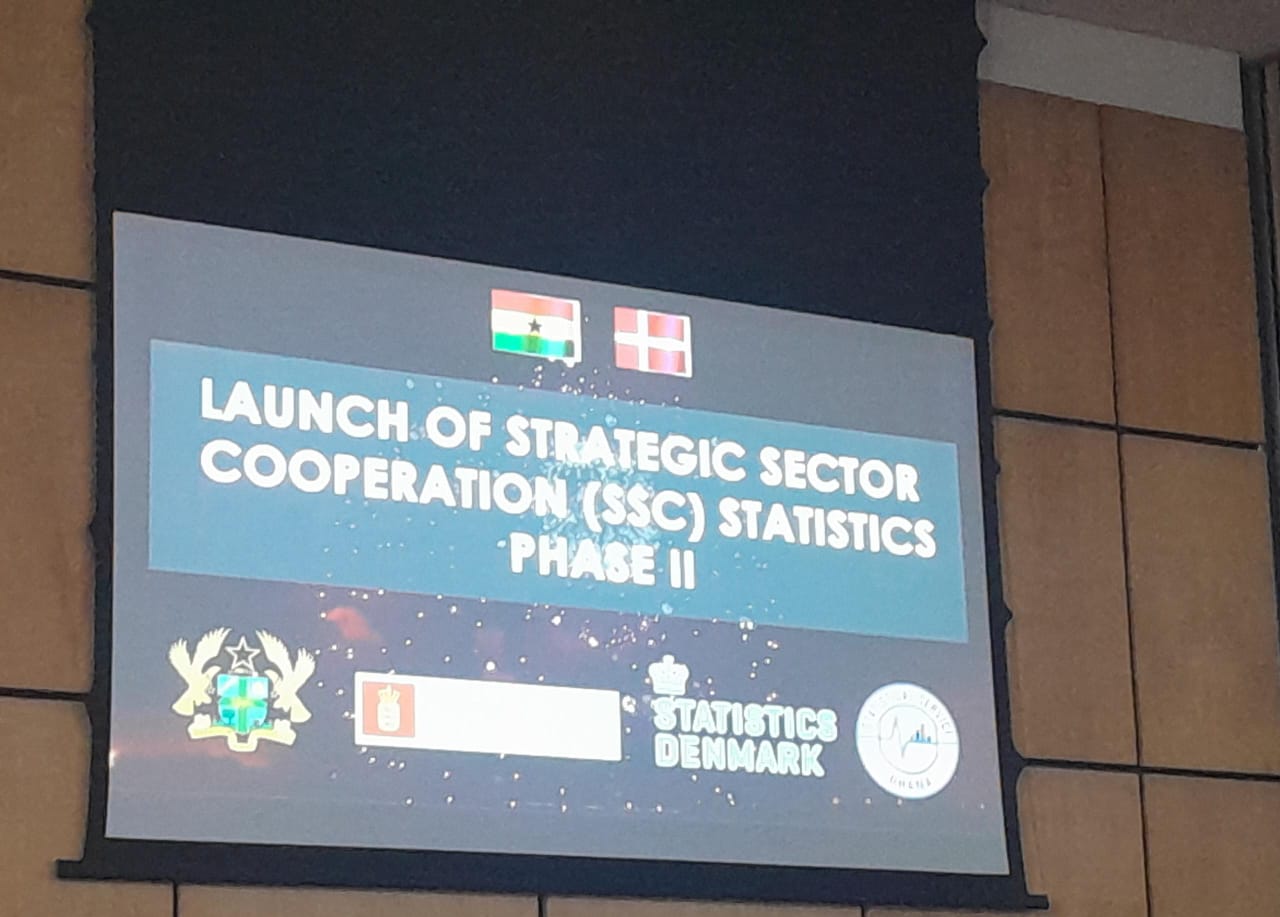
"Almost all the knowledge required to produce more food than eroding soil is available. We just need to use that knowledge within a holistic paradigm, managing agriculture holistically, financing the policies that under gird it holistically," says Clifford Allan Redin Savory, the Zimbabwean ecologist, livestock farmer and environmentalist.
Evidence from green revolution as practised in the Asia suggests that a boost in agriculture productivity could usher in food security and social transformation towards sustainable development.
To relate Savory's postulation to our circumstances in Ghana, we can safely say that our country is well endowed with the natural resources in terms of land and the climate for agriculture productivity to feed the ever growing population.
It appears we have lost our glorious days when we used to be net exporter of some food crops. We have been overtaken by events and now we need to import about $2.2 million dollars of some agriculture products annually to supplement local production.
Thankfully, we now have a robust flagship programme, Planting for Food and Job (PFJ) that is designed to promote growth in food production and create jobs across the country.
The objective of this agriculture intervention is to arrest the declining agriculture production in the country by increasing productivity in food crops such as maize, rice, soybeans, sorghum and vegetables.
Small scale holders are being supported with highly subsidised agriculture inputs (50 per cent fertiliser subsidy), certified seeds through private-led interventions, extension services and ready market channels for the produce.
Although Ghana has comparative advantage in these five food crops that the flagship PFJ is anchored on, we still spend a chunk of our foreign exchange to import them to supplement local production.
In fact, PFJ could be our solution to food insecurity, job creation, poverty alleviation and sustainable development.
It also has the potential to boost our export drive and our foreign exchange earnings. Indeed, it is our surest way to "Ghana Beyond Aid."
The programme is being implemented in the context of our regional and global obligations.
Ghana has signed up to the Comprehensive Africa Agriculture Development programme and is obliged to commit 10 per cent of annual budget to fund agriculture.
Furthermore, the Sustainable Development Goals, Agenda 2030 adopted by the United Nations in September 2015, as the successor to the erstwhile Millennium Development Goals expects Ghana and other countries to end hunger by achieving food security and improved nutrition so that no one will be left behind.
Prospects
Two years into the five-year programme (2017-2020), the Minister of Food and Agriculture, Dr Owusu Afriyie Akoto is impressed that the Ministry's efforts are yielding significant results.
"Yield increase over 2016 levels for selected crops; Maize increased 67 per cent 1.8mt per hectare to 3.0 mt per hectare; rice by 48 per cent from 2.7mt per hectare to 4.0mt per hectare and soya 150 per cent from one mt per hectare to 2.5mt per hectare," he said.
He told participants at the Ministry of Food and Agriculture Performance Review in Accra that "We are also happy that the provisional agriculture sector Gross Domestic product growth rate for 2017 has significantly increased from three per cent in 2016 to 8.4 per cent."
Dr Akoto said: "these results have emboldened us to increase our target of farmers from 202,000 achieved in 2017 crop season to 500,000 in 2018 crop season and we are targeting one million farmers for 2019."
"Private sector is getting massively involved in PFJ through nucleus-outgrower schemes for maize, soya and rice in particular and youth participation under these schemes is incredibly exciting," the minister said.
To boost monitoring and to make extension services relevant to the beneficiary smallholder farmers, the Canadian government has supported the Ghana government to procure and distribute 216 brand new pick-ups to the Department of Agriculture of District Assemblies and 3,000 motorbikes to extension agents.
Touching on marketing, the Minister said "we have revitalised NAFCO with resources to absorb anticipated increase in production and are rehabilitating warehouse and constructing new ones."
"Market linkages have been established with the government institutions under the Free Senior High School system and School Feeding programme and also with the Prisons and hospitals," he noted.
Challenges
On the challenges posed by the Fall Armyworm invasion that nearly derailed the programme, the minister said: "We have brought the Fall Armyworm menace from the destruction of 14,000 hectares in 2017, only 78 hectares were destroyed in 2018 due to the proactive measures the Ministry put in place."
"We are not complacent but are combat ready for any incidence in 2019 and beyond," Dr Akoto had assured.
Indeed, the PFJ is showing prospect as the gateway to reviving our agricultural fortunes and also restore the country back to its glorious days of mass crop production.
Way forward
Undoubtedly, the PFJ has the potential to transform the national economy into a robust and resilient economy to withstand external shocks, through food security, employment opportunities and poverty reduction.
Although actual yield data are yet to be analysed, the Deputy Minister of Monitoring and Evaluation, William Kwasi Sabi told stakeholders at a policy dialogue in Accra that observation across the country indicates improved performance of the commodities in terms of yield and outputs, resulting in low food prices.
There is no gainsaying in the fact that agriculture can take Ghana beyond Aid. Rightly so, this has expression in the postulation of the English Author Samuel Johnson, that "Agriculture not only gives riches to a nation, but the only riches she can call her own."
But this can only be achieved if we are able to deal with the challenges of inadequate supply of seeds, in adequate storage space, late delivery of inputs, misuse of fertiliser coupons and its smuggling and the recurrence of the Fall Armyworms.
Read Full Story
























Facebook
Twitter
Pinterest
Instagram
Google+
YouTube
LinkedIn
RSS